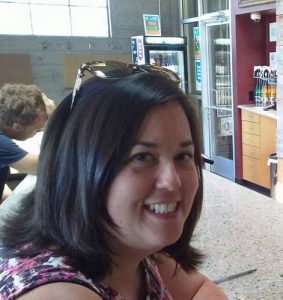by Toben Traver
What happens when we engage students in the process of historic documentation and research? This is the question that drives the annual Vermont History Day (VHD) program and competition. Since 1983, VHD, administered by the …

Featuring profiles of outreach & advocacy in cultural heritage
by Toben Traver
What happens when we engage students in the process of historic documentation and research? This is the question that drives the annual Vermont History Day (VHD) program and competition. Since 1983, VHD, administered by the …
by Jasmine Bonanca
How can I talk about what’s in our collections and make sure that I’m bringing that forward into today and really getting people to ask serious questions about it?”
The Cambridge Historical Society (CHS) is an organization …
by Brigid Hogan
As an off-coast tourist destination, the population of Nantucket swells and dwindles with the seasons. In winter, about 13,000 Nantucket natives reign on the island. Come summertime, the population bursts upward to 50,000 as a result of …
by JC Johnson
For thirty years, Nancy Carlisle, Senior Curator of Collections, has been a vital part of Historic New England’s efforts to protect, preserve, and interpret the region’s unique history and how it fits within the cultural story of …
by Bree Comeau
 Having begun her professional career as a middle school teacher in Washington state, Michelle Chiles, always had a passion for outreach and supporting her community. In 2009, she moved halfway around the world when her partner was …
Having begun her professional career as a middle school teacher in Washington state, Michelle Chiles, always had a passion for outreach and supporting her community. In 2009, she moved halfway around the world when her partner was …